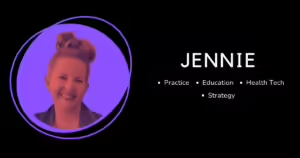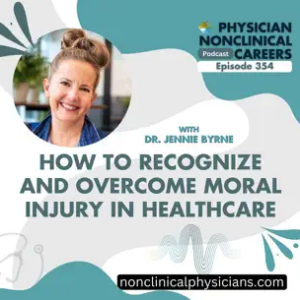The Art of the Unplugged Vacation
Why do we go on vacation?
As a human being, I intuitively understand the concept of rest. I spend a large chunk of my life sleeping, so at some level I understand rest is important. When I miss sleep, I quickly fall apart. My mood deteriorates, my cognition worsens, and my body gets sick.
But when it comes to taking time away from work, I, like many Americans, have struggled with the concept of rest. In theory, we are supposed to rest on weekends (assumed for most people to be Saturday and Sunday). We are supposed to take a vacation for two to four weeks because that is what we are told to do.
These parameters for time away from work are arbitrary. They came from a social movement in the early 1900s to codify the working norms for industrial jobs.
So what does rest and time away from work actually look like in the 2020s?
For many people, weekends and vacations are filled with work. Many organizations have cultural norms that people should be checking email, or responding to notifications, or prepping for their week during weekends and vacations. This is the implicit cultural norm despite the explicit cultural norm found in the employee handbook that says we should be resting and spending time away from work.
I would offer that time away from work is not restful unless you are actually able to unplug from work. Checking emails and prepping for the week ahead is not actually rest.
I would also offer that human beings are all different and we all have different life circumstances. Some of us may need LESS than a full weekend of rest and some of us may need MORE than a full weekend of rest. Some of us feel restless and uncomfortable during vacations, some of us need longer vacations to recharge.
Since researching the current ways of working for my book Work Smart, I have been searching for a more nuanced understanding of rest and pragmatic solutions. I believe that the concept of The Art of the Unplugged Vacation is a helpful framework.
Unplugging and truly resting from work has become an art form.
I believe that each person must master this art form if they want to show up and give 100% at work. It is different for each person. People work on teams, so each team is different. Organizations have different implicit and explicit cultural norms. This is tough stuff.
I hope you will join me this summer as I ponder what it means to master the Art of the Unplugged Vacation in our current workplace.
I don’t have all the answers, but I hope to ask the right questions.







